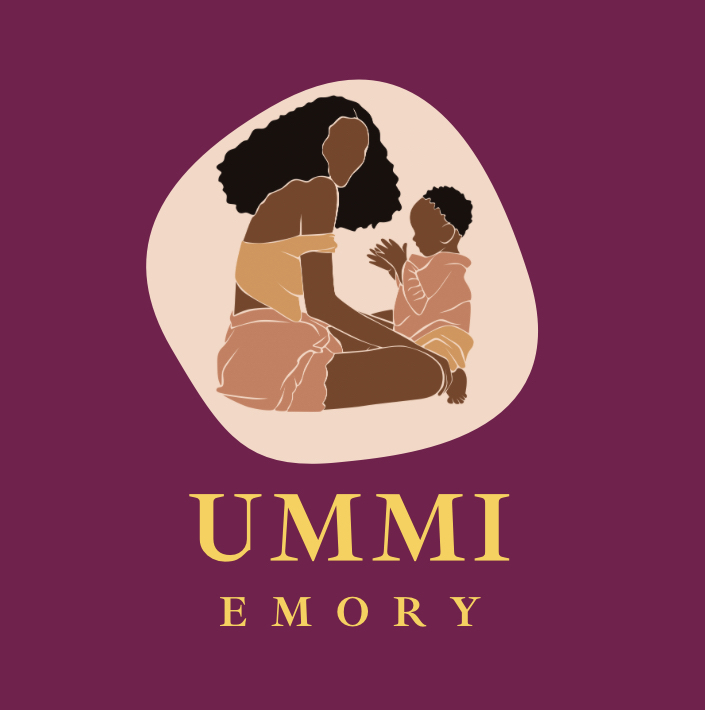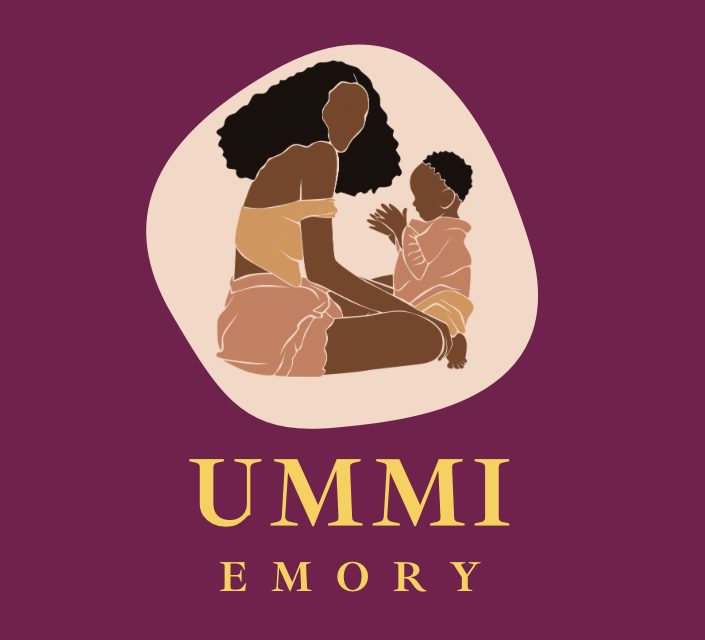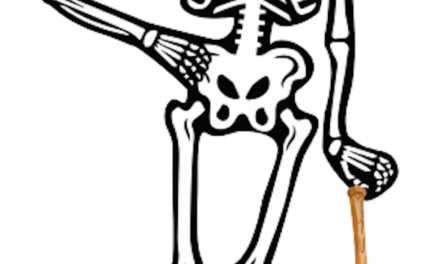After the Supreme Court overturned the national right to abortion access on June 24, an Instagram post from the Uplifting Marginalized Mothers and Individuals (UMMI) club, encouraging students to apply to their executive board, began to gain traction among Emory University community members.
UMMI president Layla Dhabaan (24C), who founded the club in May 2022, said that this timing was a “coincidence,” as the club primarily aims to assist refugee and incarcerated people with children in Georgia, but that abortion access is still relevant to this goal.
“Reproduction rights aren’t our number one priority in this club, but it’s something we should acknowledge because if there aren’t reproductive rights then there’s really no meaning in us starting this club,” Dhabaan said. “In addition to supporting mothers, we also want to support women that are going through these challenges.”

For Dhabaan, this mission is deeply personal. She cited her own family’s struggle during the baby formula shortage, as well as patient interactions when she shadowed a psychiatrist in May 2022 as catalysts for launching UMMI.
In particular, she remembers an interaction with a patient who was formerly incarcerated, who shared how she became detached from her 3-year-old child during the peak of the COVID-19 pandemic.
“Her experience was very, very rough, and so it did bring me to tears,” Dhabaan said. “It was a very emotional experience to me, and it was also one of the reasons I wanted to serve this community, in addition to the refugee community.”
In addition to serving as an acronym for “Uplifting Marginalized Mothers and Individuals,” “UMMI” also translates to “mother” in Dhabaan’s native Arabic language. This double-meaning was important to her, as she wanted to pay homage to her own mother’s struggles in navigating motherhood.
Currently, UMMI has two committees, aimed at providing aid to mothers and families in the refugee and incarcerated populations. Dhabaan said she hopes to expand their reach to other marginalized communities, such as immigrants who are currently incarcerated, as the club grows.
Dhabaan said she received 40 applications for UMMI’s executive board, from which she selected 15 new board members. Taryn Salako (24C) and Yaseen b’Hat (24C), two members of the club’s executive board, were motivated by their past experiences to join UMMI.
After working with the Refugee Women’s Network last year, b’Hat said he wanted to do more.
“Working with them gave me a very close look into the struggles that refugee women and mothers face,” b’Hat said. “A lot of the work we did was with single mothers — building up their livelihood and so on. It really painted a picture for me to get more involved and take action.”
Salako, whose mother was incarcerated, said that the struggles people face after incarceration propelled her to get involved with UMMI.
“To be able to come out of the prison system stable, being able to provide for themselves and their families [is difficult],” Salako said. “I really look at them with compassion, because it’s hard and because it affects their families. I have a deeper connection to that.”
Salako added that she was drawn to apply to the position to share this passion with others, particularly at Emory, where she said many students do not have a full understanding of how the carceral system affects women.
“We are very blindsided while we’re in our four years here about what goes on outside Emory’s campus,” Salako said. “I feel like this is a great introduction to be in someone else’s shoes for once, and I feel like that will teach people to be more understanding.”
Dhabaan said that UMMI will work with local non-profits to anticipate the needs of local mothers and that she intends to host programs with both Emory-affiliated and external organizations.
UMMI is currently looking to partner with the Emory Writing Center to train club members to teach English as a second language. They also hope to provide transportation for mothers to doctors appointments.
Other plans for UMMI include a pen pal program with incarcerated women, collaborating with an outside organization to help with the labor process in prisons and the Little Readers Program, an organization that videos incarcerated mothers reading books for their children to view.
As with any new student organization, UMMI is currently navigating the club chartering process and working to grow their connections in the Atlanta area. Additionally, Salako said they face the sometimes tenuous process of being granted visiting access to local prisons.
Despite these barriers, the executive board members said they have been pleased with the support they’ve received at Emory so far.
“To be honest, I was surprised with how much traction it gained so quickly,” b’Hat said. “With any new club, you can’t expect it to gather that much traction … but it was so encouraging to see how many people at Emory were already so passionate about UMMI.”
b’Hat said that funding will increase UMMI’s ability to achieve its mission, but that there is lots of work that can be done before then.
“Students don’t usually have diapers in their dorms, so instead we plan on raising money at Wonderful Wednesdays for car seats and other supplies.”
She added that UMMI aims to make events beneficial for students, too. For example, assisting in the labor process could be a valuable experience for pre-health students.
b’Hat, Dhabaan and Salako expressed their excitement for UMMI’s potential impact in the community.
“It’s early days, but I think I will start feeling the biggest joy once we start holding events,” b’Hat said. “I’m really optimistic about the work we can do now, collaborating with different organizations.”
Their motivations extend far beyond the local community. For Salako, the issues that UMMI is hoping to address are systemic and pervasive.
“I would like to emphasize the alarming incarceration rates in the U.S.,” Salako said. “It’s basically a profit system; prisoners work for little to no pay… everything we do in our normal life costs in prison: to make a phone call, to eat a snack, to get tampons, get shoes, get clothes and underwear – everything costs.”
Dhabaan said the club is open “to anyone and everyone” and encouraged interested students to apply to volunteer this semester.
Alison Barlow (she/hers 24C) is an illustrator for the Wheel. A political science and creative writing major, she is from the northernmost part of Vermont (yes, there is a lot of snow). In her free time, Barlow plays soccer, tutors for SHINE and is a part of Residence Life. She is also an avid reader and gym rat.




